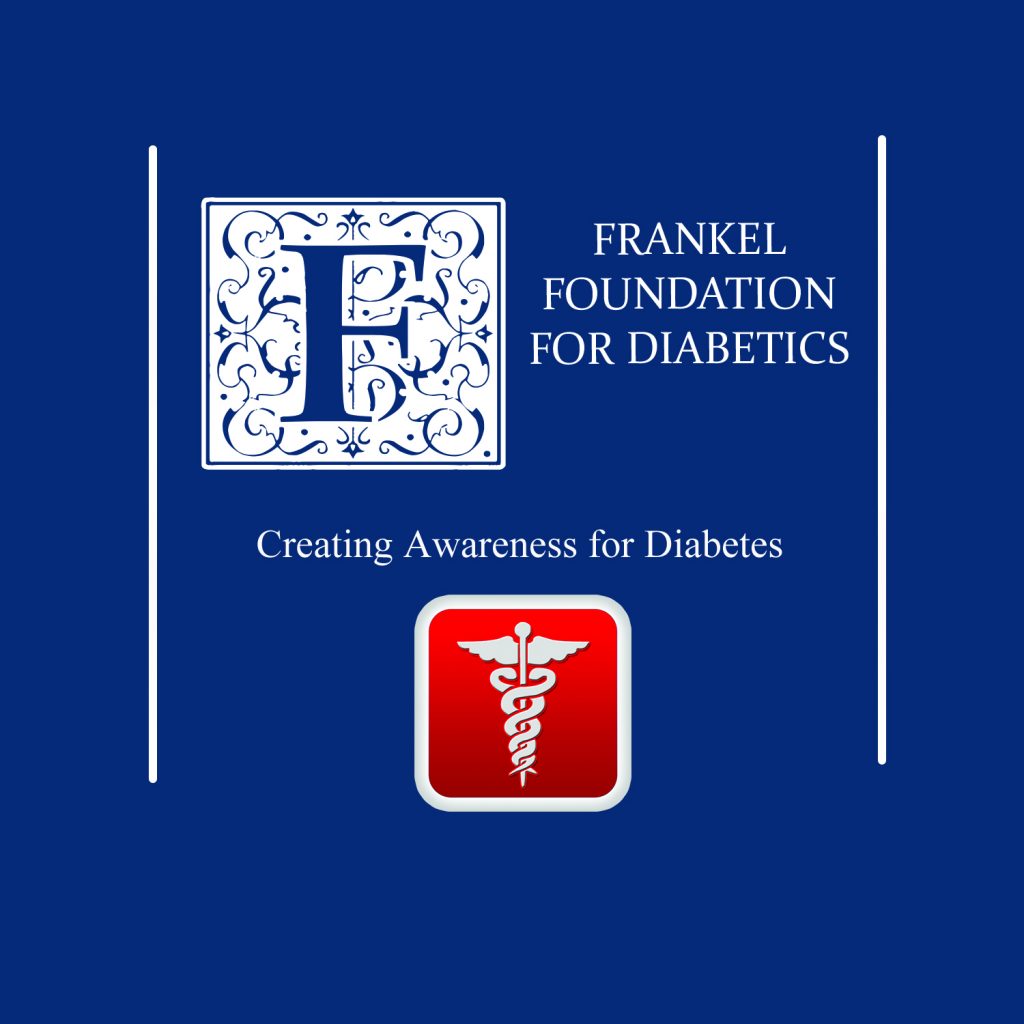Newly Diagnosed with Diabetes
When newly diagnosed with diabetes, most people find themselves in a state of shock. However, being diagnosed with diabetes doesn’t prevent you from leading a ‘normal’ life. There are stories on the Diabetes Forum from people who have had all sorts of experiences when being diagnosed.
Most people receive great care from their GP and healthcare team, although some people report having just been given some tablets and been told to get on with it.
If this happens to you, make sure your doctor finds time to discuss your condition with you, or refer you to someone who can answer your questions better than they can. No matter what your experience is when being diagnosed, the Forum is full of people who understand what you are going through because they have lived through it and been in your shoes. Feel free to bring up any topics or questions there and the community will do their best to help you out.

Understanding diabetes
You will know that diabetes means that your blood has higher amounts of glucose/sugar in than normal.
However, you may have other questions about why this is the case and how diabetes will affect you.
What you can do
Until a cure is found, if you have diabetes you have it for life. The good news is that by keeping your blood glucose levels with range you can significantly reduce your risk of developing serious health problems associated with diabetes.
Ensuring your diabetes is well managed is key and there’s no one better qualified to do it than you. Taking charge of diabetes doesn’t have to be a full time job, but you do have to be mindful of it 24/7, whether you’re eating, working or going to bed. You’ll have a health care team of people to help you, including your doctor, Credentialled Diabetes Educator, dietician, podiatrist and eye specialist. This is your diabetes healthcare team. The team approach helps you to learn all you need to know about diabetes, treatment and management.
Understand your diet
The diet you have may depend on your diabetes type.
If you’ve been diagnosed with type 1 diabetes, you will need to be aware of how much carbohydrate is in meal times in order to balance your insulin doses.
Many people with diabetes find carbohydrate counting courses to be very helpful, with the DAFNE course receiving particular praise. Ask your doctor about the possibility of being put on carbohydrate counting course.
Diet can help people with type 2 diabetes to better manage diabetes. NHS diet advice has received a certain amount of criticism from diabetes patients over a reliance of the diet on carbohydrate; however, some NHS practices appear to be better than others.
